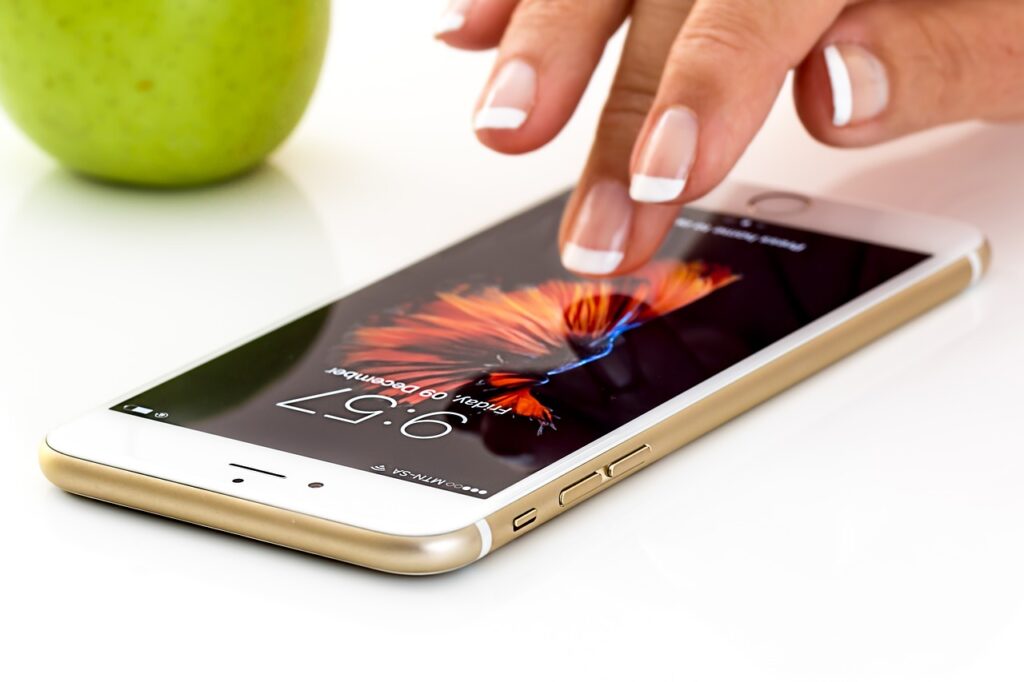Reclaiming Authentic Connections: The Impact of Smartphones on Human Interaction
The decline of genuine conversation, even with oneself, is evident in the deserted cityscapes where people, engrossed in their smartphones, wander like zombies.

Human relationships flourished without the presence of smartphones. Before. But this reality might be difficult to recall given how profoundly these devices have reshaped our interactions with the world and each other over the past fifteen years.
An anthropologist with a focus on modernity is concerned with the impact of smartphones on human conversations.
In the book, “The End of the Conversation? Words in a Spectral Society” (original French title: “La fin de la conversation? La parole dans une société spectrale”), the anthropologist delved into the detrimental effects of this technology on our social fabric and emphasize the distinction between conversation and communication.
Communication, often mediated through screens, conjures up notions of distance, physical absence, and fragmented attention.
In this age of constant communication, people are overwhelmed by the sense that everything is moving too quickly, leaving them little time for themselves. They are perpetually on edge, anticipating the next notification, message, or call.
Conversely, conversations are typically more relaxed and free-flowing. They occur during a leisurely walk or when meeting someone new, where words are exchanged like bread shared among friends.
Unlike communication, which removes the physical presence, conversation requires mutual presence, attentiveness to facial expressions, and eye contact.
Conversations embrace silence, pauses, and the natural rhythm of each participant.
In contrast, communication often triggers immediate reactions to interruptions: “We’ve been cut off,” “Are you there?” “I can’t hear you,” “I’ll call you back.”
This isn’t an issue in conversations, as the other person’s presence is never lost, allowing for comfortable shared silences that convey friendship, complicity, or contemplation.
Silence in conversation gives us room to breathe, whereas in communication, it is seen as a “cut-off” or “breakdown.”
The decline of genuine conversation, even with oneself, is evident in the deserted cityscapes where people, engrossed in their smartphones, wander like zombies. With eyes glued to their screens, they remain oblivious to their surroundings. If you need directions, don’t bother asking—there’s no one to assist you.
Many are equipped with earphones, seemingly talking to themselves, displaying a blatant indifference to the world around them.
Sometimes, communication intrudes into public spaces. Those who choose not to protest or leave are often subjected to the loud conversations of others who occupy nearby benches or tables.
An increasingly common practice is watching videos without earphones or using the speakerphone to hear the other person better, further eroding the remnants of peaceful public interaction.
The pervasive presence of smartphones has fundamentally altered the nature of human interaction.
Drifting further from genuine conversations towards constant, mediated communication, people risk losing the depth and richness that personal, face-to-face interactions provide.
Conversations offer a unique space for mutual presence, attentiveness, and shared silences that foster deeper connections and understanding.
It is crucial to recognize and reclaim the value of these authentic exchanges in our increasingly digital world, ensuring human touch in relationships despite the encroaching tide of technology.









